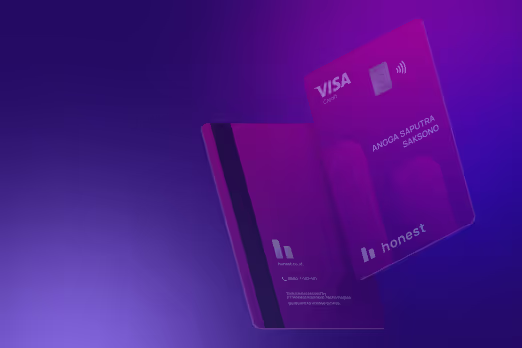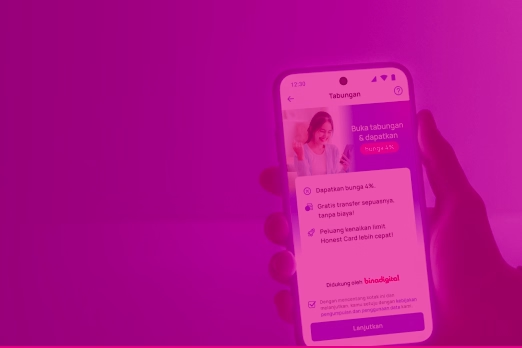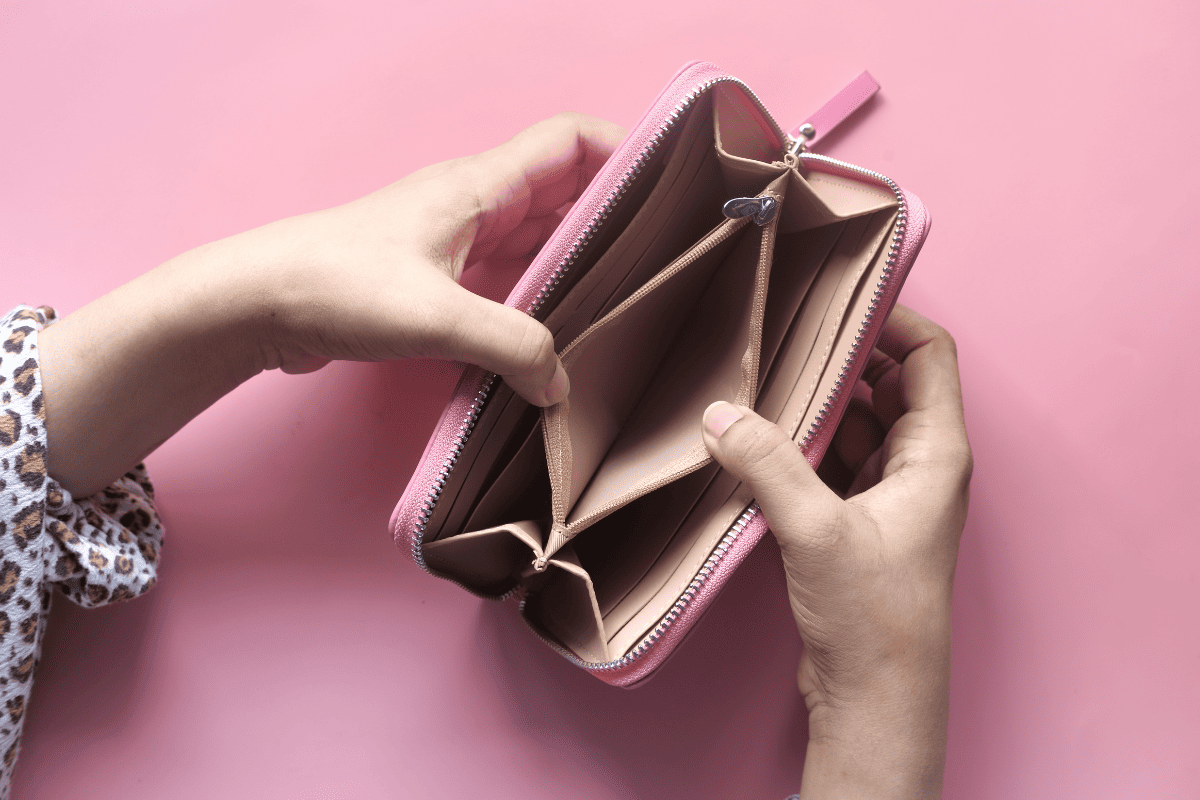Salary always runs out? Try these tips to manage your expenses!
Have you ever heard the term “living paycheck to paycheck”? As the literal meaning suggests, this term is often used to describe people whose monthly salary runs out right before their next payday.This kind of situation is dangerous for both the national and personal economy, because it means that someone living paycheck to paycheck cannot meet their daily living costs if they were to stop working.
This usually happens because the income a person earns is not enough to cover daily needs, or the person has a fairly large salary but also has equally large debt installments.
Here are some ways to manage your salary if it often runs out before payday:
1. Create a budget
The first way to manage your salary is to create a financial budget. Broadly speaking, you can use the 50/30/20 salary management formula with details of 50 for daily necessities, such as food and transportation, 30 for paying debt installments or credit and bills, and 20 for saving, investing, or keeping for an emergency fund.
For example, if your monthly salary is Rp10,000,000, then Rp3,000,000 is for paying bills and credit installments, Rp5,000,000 for daily necessities, and Rp2,000,000 for savings.
2. Set aside, don't leave leftovers
Want your financial condition to be healthy and prosperous forever? Then, set aside a portion of your salary to save, invest, and keep for an emergency fund. The goal is for the amount of money you save to be consistent, so your financial goals can be achieved faster.
Using the example of a Rp10,000,000 salary above, for instance, you can directly set aside Rp2,000,000 in a separate account. This way, you will still have leftover salary when the next pay period arrives.
3. Pay bills with a credit card
Another way to manage your salary so it doesn't run out quickly is to pay bills using a credit card. As long as you pay your credit card bills in full and on time, you don't have to pay interest fees. So, a credit card can be used purely as a payment tool and not as a mechanism to seek loans.
For example, every 1st of the month you have to pay electricity, water, data plan, and gas bills in 3 different applications, X, Y, Z. To make it more practical, you can enter your Honest credit card data as a payment method in these various applications. This way, every month, the systems in these applications will automatically charge the above bills to the Honest App. Your task then is simply to pay the bill recorded in the Honest App before a certain date.
4. Create an expense record
An expense record is needed so that your total expenses match the budget you've made. In addition, this expense record can also help you determine which financial posts can be cut or need to be increased in the next pay period.
You need to make a record for all expenses, whether paid using cash, debit card, or credit card. This way, you have a complete picture of where your salary has been going all this time.
One of the benefits of paying bills with an Honest credit card is that your monthly bill expenses will be automatically recorded in the Honest App. You just need to combine it with expense records for other financial posts before evaluating.
5. Apply mindful spending
Mindful spending is a term used when someone makes financial decisions consciously and with full consideration. An example of mindful spending is when you decide to buy clothes after planning for days or even weeks.
The opposite of mindful spending is impulsive buying, which is when you buy something without prior consideration. An example is when you buy clothes just because you happened to see them on sale in a marketplace application.
6. Set aside "loose change"
Of course, you've received loose change when buying something, whether it's Rp500 or Rp1,000. Instead of just keeping it until it gets crumpled in your pocket, you can set aside that loose change in a separate pouch so it can be used during "tanggal tua" (the end of the month when money is tight).
Even though the amount may not be that big, the accumulated "small change" can be used in emergency situations. For example, to buy rice or eggs at the market on the 20th, or to buy credit when your phone's data package runs out. If it turns out the loose change isn't used, you can save it in an account or use it to top up e-money.
Managing salary is often a challenge, especially for workers whose income is uncertain or whose income is only at the UMR (Regional Minimum Wage) level. Dividing salary into smaller financial posts is needed so that salary doesn't run out halfway and doesn't turn into a financial burden in the future.
What are you waiting for?
Get your Honest Card today










